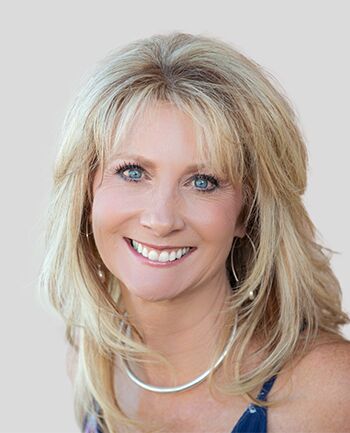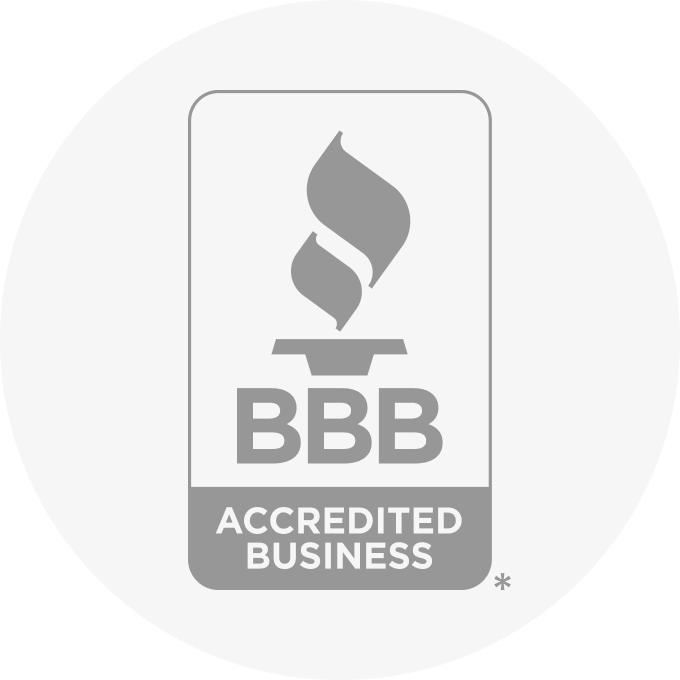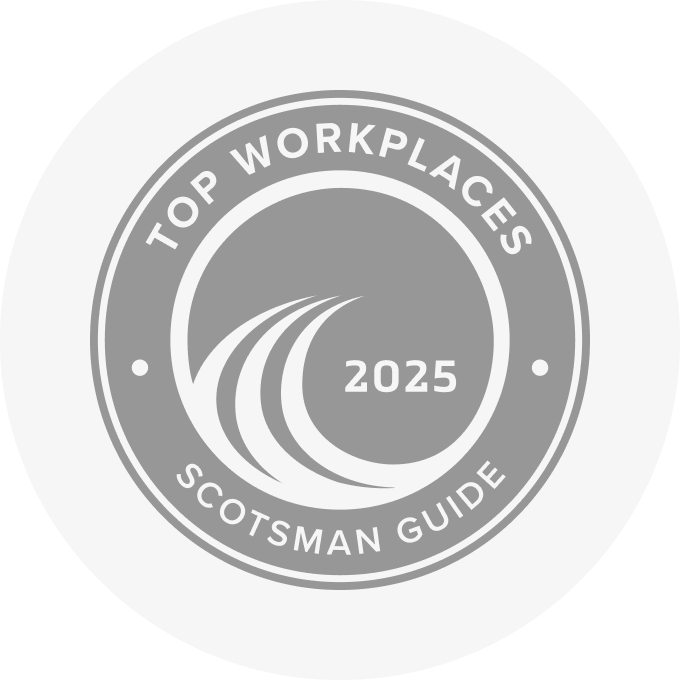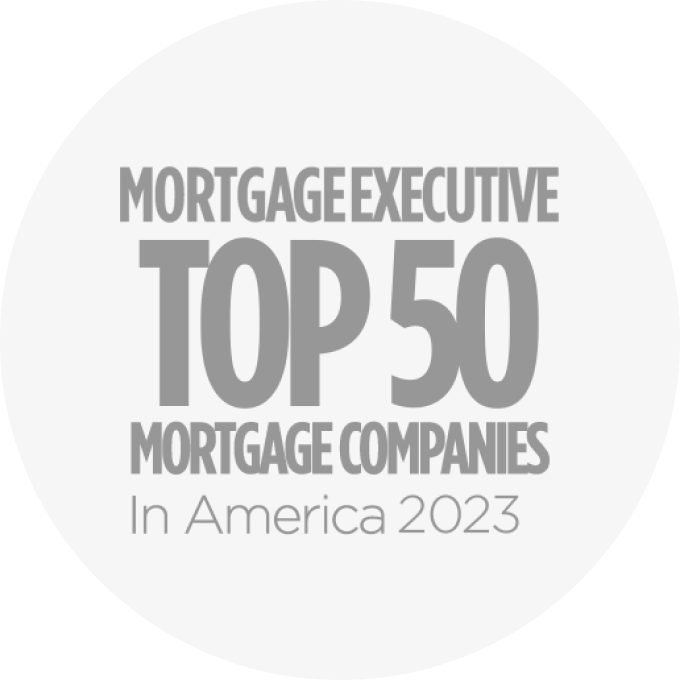
-
- monday: 8:00AM – 5:00PM
- tuesday: 8:00AM – 5:00PM
- wednesday: 8:00AM – 5:00PM
- thursday: 8:00AM – 5:00PM
- friday: 8:00AM – 5:00PM
Your Local CrossCountry Mortgage Loan Officer
Karen Flores
I’ll be with you every step of the way
Hi, I’m Karen, and I’ve been in the mortgage business serving Arizona since 1993. As a professional who has worked as both a loan officer and branch manager, I have experience in many loan programs – especially construction loans and down payment assistance programs. I love helping first-time homebuyers finance their first home and meeting repeat clients’ mortgage needs. No matter your situation, I’m excited to get it done!
As part of our Flagstaff, AZ branch of America’s #1 Retail Mortgage Lender, I’ll be there to support you from applying to receiving your keys or completing your refinance. You’ll receive continuous updates on your loan, and I’ll always be available to answer your questions. Communication promotes confidence, and I want you to feel confident every step of the way.
No matter if you’re buying, refinancing, or renovating, I look forward to giving you an outstanding mortgage experience.





Karen’s testimonials
Guides and resources
My social posts
How much will my mortgage payment be?
This calculator is being provided for educational purposes only. The results are estimates based on information you provided and may not reflect CrossCountry Mortgage, LLC product terms. The information cannot be used by CrossCountry Mortgage, LLC to determine a customer’s eligibility for a specific product or service.
Inspiration for your home loan journey
Frequently asked questions
-
A construction loan is a short-term mortgage to build a home. There are different types and variations, but to make it as simple to understand as possible, you take out a construction loan when you want to build rather than buy a home. The funds from a construction loan cover the construction costs for the house and any permanent fixtures, including land, labor, materials, and services like construction plans and permits, etc.
-
With construction loans, the builder provides an estimate of construction costs and a project timeline prior to loan closing. Your lender manages your payments (called draws) directly to the builder as construction moves forward. Once construction is complete, the construction loan is either converted to a permanent mortgage or paid in full.
-
The cost to build a house depends on a variety of factors like the size of the home you’re building, materials being used, customization and labor costs and geographic location. Other things to consider include land purchase, permits and fees, utility hookups and landscaping. If land isn’t included, this can reduce your costs, especially if you already own a lot
-
First thing you should do is consult with a local mortgage lender and if you are a Veteran, there are 100% financing options available. A CCM loan officer can help you navigate the various loan programs and find the best fit for your situation. You could also consider using land equity: If you own land, this can be an asset to leverage when securing financing.
-
Building a house may take up to 12 months, but the exact timeline depends on several factors like weather, permit and inspection speed, material and labor availability, custom vs. cookie-cutter design, and size and complexity of the house. Your builder should provide a detailed timeline for you.
-
When you’re comparing the costs of building a house versus buying one, you have two choices to consider. Building a house puts you in control of everything from the materials to the square footage to custom designs. When buying an existing house, the condition, competition from other buyers and market conditions all play a factor in how much you spend.
-
Refinancing costs typically range from 2% to 6% of the loan amount and include fees such as appraisal, title insurance, and closing costs. Factors like your loan type, location, and credit score can significantly impact these expenses. Our team can help to provide strategies that can help minimize costs.
-
To determine how much home you can afford, you’ll want to assess your financial situation. This includes your income, expenses, and debt-to-income ratio, to ensure your mortgage fits comfortably within your budget. A general guideline is to spend no more than 28% of your gross monthly income on housing costs and 36% on total debt.
-
A good credit score typically starts at 620 for conventional loans, while FHA and VA loans may accept scores as low as 500, though higher scores offer better terms. A strong credit score can help you secure lower interest rates, saving you significant money over the life of a home loan.
-
A Home Equity Line of Credit (HELOC) is a revolving line of credit that allows homeowners to borrow against the equity in their home. HELOCs function like a credit card, giving access to funds up to a set limit, which can be used for expenses like renovations or debt consolidation. You only pay interest on the amount you borrow, and the repayment terms typically include a draw period followed by a repayment period.
-
To calculate your mortgage payments, start with your loan amount, interest rate, and loan term. Your payment will depend on the interest charged over time and the repayment schedule. You can use a monthly mortgage payment calculator or connect with us to learn more.
-
1. Pre-qualify for a home loan
2. Check your credit report
3. Meet with a CCM loan officer
4. Establish your homebuying budget
5. Get pre-approved
6. Work with a real estate agent
7. Find your dream home
8. Submit your mortgage application
9. Make an offer
10. Get a home inspection
11. Close your loan
12. Move into your home!
-
It depends on the home loan. For example, conventional loans require a minimum credit score of 620. But VA and FHA loans may allow homebuyers to qualify with a credit score as low as 500. It’s important to note that lower credit scores often come with additional requirements or higher interest rates.
-
It typically takes a few months to buy a home. The exact length of the process will depend on the market, home and other financing factors.
At CrossCountry Mortgage, we’re dedicated to making the mortgage side of homebuying smooth and stress-free – offering full approvals quickly through our FastTrack program.
-
First, let’s see if you qualify for certain government-back loans. If you are a Veteran or Service Member, VA loans require 0% down. Same goes for rural homebuyers with USDA loans.
Second, talk to a CCM loan officer about local, state and national down payment assistance programs that may cover your down payment costs.
-
That is more about you than the market! You’ll want to consider if you are ready to take on the homebuying process and then calculate your purchasing power with a CCM loan officer. Once you know your homebuying budget, it’s time to house hunt and explore your desired community for the home of your dreams.
-
Before you find your dream home, it will help to have:
- Your credit score
- Proof of employment and income
- Cash or assistance for a down payment
- The right loan
- A homebuying budget
- An expert real estate agent
- Your dedicated CCM loan officer










